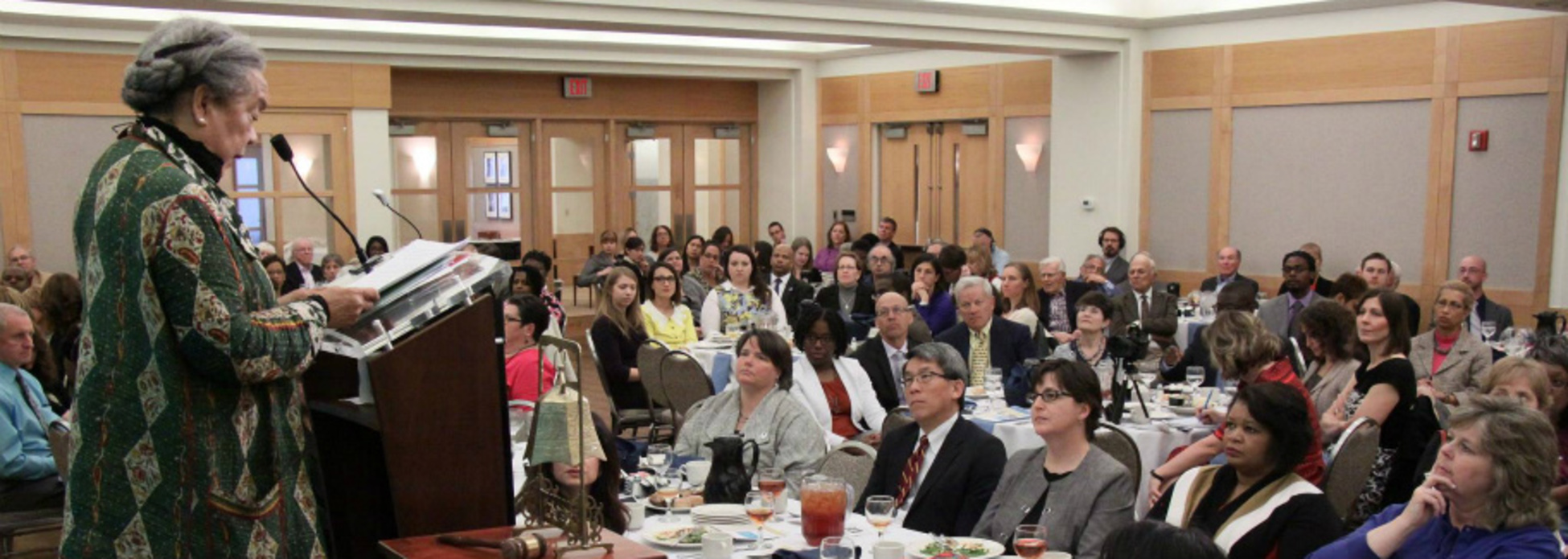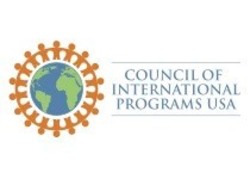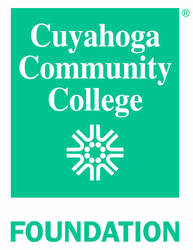Friday, November 13, 2015
Let’s Not Get Sidetracked by the “Gotcha” Debate
First we had “the summer of Trump.” Then came “Feel the Bern.” Just when you thought you could escape the latest Campaign 2016 neologism, you found yourself immersed in “gotcha” questions, the focus of the Republican Party’s charge that journalistic panelists at the third CBNC Republican debate asked questions designed to entrap the candidates.
Except “gotcha” questions aren’t exactly political neologisms, or newly-coined political phrases. A Wikipedia page proffers a definition, and they date back to the presidential debates of the 1980s and 1990s.
First, a definition: A “gotcha” question is a query designed to entrap candidates into making statements that discredit their credibility or character. But just about any question could fit into this category, making it difficult to say where a probing question ends and a “gotcha” query begins. The definition also puts a negative spin on “gotchas” at the get-go, presuming that the bad journalists are trying to entrap the good candidates, hoping to fool these well-intentioned, honest politicians (think Jimmy Stewart in “Mr. Smith Goes to Washington”) with a little verbal chicanery. But politicians are not naïve, they selectively summarize their record, prevaricate when it suits their needs, and answer the questions they want to answer, not necessarily the ones that are asked. You can argue “gotcha” questions fulfill a larger positive function: they allow voters to see if a candidate can deliver grace under pressure, a task not unrelated to some of the demands of the presidency.
For example, during the second presidential debate of 1984 between President Ronald Reagan and Democratic Challenger Walter Mondale, a newspaper reporter posed a “gotcha” question to Reagan, asking if his age constituted a barrier to his performance as president in a second term. Reagan famously turned the question to his advantage, quipping that he was “not going to exploit for political purposes my opponent’s youth and inexperience,” evoking gales of laughter from the crowd and turning a “gotcha” question into a rhetorical victory.
But let’s not deny that journalists, out to make a name and score a scoop, have asked obnoxious questions designed more to ensnare than enlighten. During this fall’s second Republican debate, CNN’s Jake Tapper played the “gotcha” card. He asked New Jersey Governor Chris Christie if he was one of those politicians who “have their finger in the air to see and do what is politically expedient.” The question did little to inform the viewing audience about Christie’s fitness to hold office or the cogency of his issue positions.
Actually, most of the questions in the controversial CNBC debate were not “gotchas”, but tough queries about the issues. The tone of some of the questions was snarky, as when John Harwood asked if Trump was waging “a comic book version of a presidential campaign.” Republicans made hay out of this because they could: CNBC doesn’t have the panache of the other networks or the in-group, Republican-sympathizing status of Fox, whose reporters’ “gotcha” questions didn’t elicit nearly as much condemnation. That’s media politics.
There is also this: The most obnoxious “gotchas” can offer helpful information about candidates. For example, during the second 1988 presidential debate between George H.W. Bush and Michael Dukakis, CNN anchor Bernard Shaw asked Democratic candidate Michael Dukakis, who had consistently opposed the death penalty, “if (his wife) Kitty Dukakis were raped and murdered, would you favor an irrevocable death penalty for the killer?” Consultants wanted Dukakis to go for the jugular, delivering a muscular response. But Dukakis, calling on his moral principles, said he would oppose the death penalty, even in this horrific case. The question shined a valuable light on Dukakis, showcasing his character and ill-formed political instincts. But it was an insensitive, thoughtless query.
Yet for all their controversy, when you look at the big picture of presidential debates, “gotcha” questions are a minor problem, one hyped by parties when they want to take the heat off candidates and put the blame on the media, always a convenient target. Debates, like the recent Fox Business Network-sponsored debate, have focused primarily on policy issues. The larger problem with debates involves format and procedures. Moderators shamelessly yield to candidates, failing to ask follow-up questions when candidates obfuscate, queries that could clarify the issues for voters. Debates could more usefully focus in depth on a single issue, like the merits of free trade or immigration. Better to consider these modification of debates than becoming ensnared by the peripheral “gotcha” side show.
Richard M. Perloff, author of "The Dynamics of Political Communication: Media and Politics in a Digital Age," is a professor of communication, political science, and psychology at Cleveland State University.






